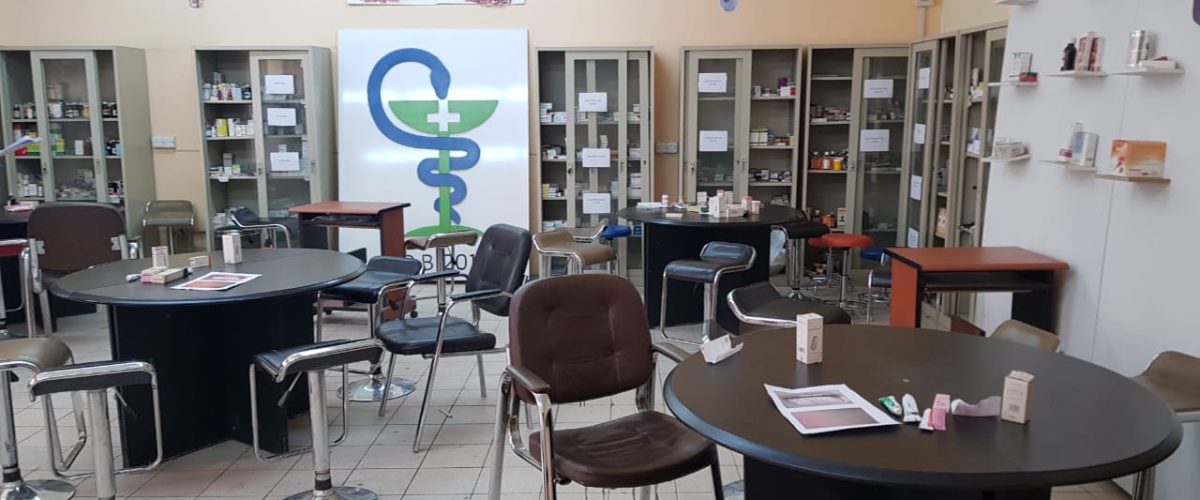Clinical Pharmacy Laboratory
Lab Vision: The practice in community pharmacies, especially private pharmacies, forms an essential part of the pharmacy profession. Handling prescription medications and dealing with simple medical cases is a fundamental aspect of pharmacy practice in this field. Pharmacists need to be knowledgeable about the correct approach to dealing with prescriptions to ensure the safe use of prescribed medications from all perspectives. Pharmacists must also have the ability to distinguish simple medical cases that can be treated with over-the-counter medications from those requiring referral to a specialized doctor.
Objectives of the Laboratory:
1.Skills Enhancement: Equip students with the necessary skills to ensure the accuracy and safety of prescribed medications for various medical conditions. This includes familiarity with the use of scientific sources and electronic scientific applications in this field. 2. Case Differentiation: Provide students with the skills to distinguish simple medical cases that can be treated with over-the-counter medications from cases that require referral to a specialized doctor. Motivate students to acquire the skill of making decisions regarding the selection of the most appropriate medication after the initial assessment of the patient’s condition. 3. Medication and Health Education: Provide students with the skills needed for pharmaceutical and health education for patients. 4. Communication Skills: Develop and refine communication skills (spoken and unspoken) for students during the consultation process and interviews with patients.
Therapeutic Drug Monitoring (TDM) Laboratory / Fifth Stage
Lab Vision: Many drugs have a narrow therapeutic concentration range between their therapeutic and toxic concentrations in the human body. This requires pharmacists to be familiar with the kinetics of these drugs concerning absorption, distribution, and elimination. Pharmacists also need to be knowledgeable about how to determine the appropriate dose for each patient to maintain the drug concentration within the therapeutic range. This involves considering individual patient issues such as hepatic and renal function, the effects of the disease, and drug interactions.
Objectives of the Laboratory:
- Routine Monitoring of Drug Concentrations: Familiarize students with drugs that need routine monitoring and measuring their concentrations in the blood, especially those with a narrow therapeutic index.
- Understanding Medical Conditions: Provide students with knowledge of medical conditions and factors responsible for altering the pharmacokinetics of drugs.
- Application of Pharmacokinetic Knowledge: Equip students with the skills to apply knowledge of pharmacokinetics to design an appropriate drug dosage regimen for patients. This includes adjusting/determining the dosage regimen based on drug concentrations in the body, patient information, disease-related physiological changes, and drug interactions.


